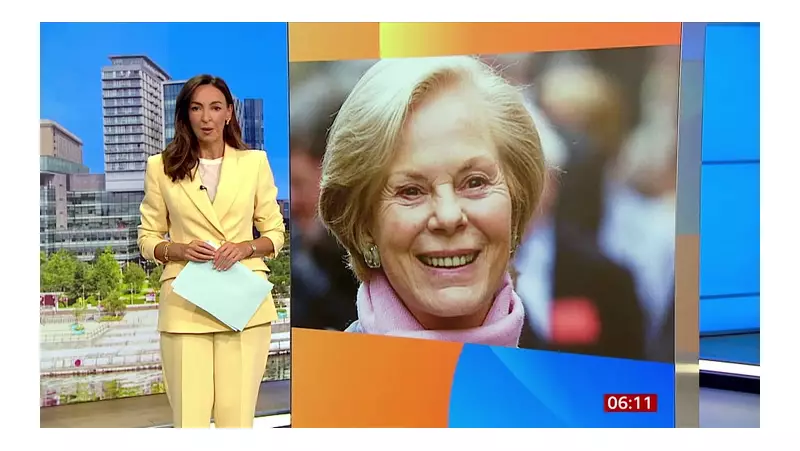
In a stunning and candid moment for early morning television, BBC Breakfast hosts Jon Kay and Sally Nugent directly addressed their significant salary reductions during Wednesday's broadcast. The move comes as part of a sweeping overhaul of the corporation's pay structure.
The presenting duo revealed they are now earning considerably less than their predecessors, Dan Walker and Louise Minchin, marking a dramatic shift in the BBC's approach to on-air talent compensation.
Transparency on the Sofa
During a segment discussing new BBC annual reports, business presenter Ben Thompson highlighted the corporation's efforts to address gender pay gaps and overall salary reductions. Seizing the moment, Kay turned to his co-host and remarked: "We should point out, Sally, we are considerably cheaper than the previous couple who sat on this sofa."
Nugent responded with equal candour, confirming: "That is a fact, yes. We are." The exchange provided rare insight into the financial changes behind the scenes of Britain's most popular morning news programme.
A New Pay Era for BBC Talent
The salary revelations follow extensive criticism of BBC pay disparities in recent years. The corporation has been under mounting pressure to create a more balanced and transparent compensation structure since 2017, when salary disclosures exposed significant gender pay gaps among its highest earners.
While specific figures for Kay and Nugent's current salaries remain undisclosed, their predecessors' earnings were publicly documented. Dan Walker reportedly earned between £295,000-£299,999 during his final year, while Louise Minchin received £195,000-£199,999.
Viewer Reaction and Industry Impact
The on-air admission sparked immediate reaction across social media platforms, with viewers praising the presenters' transparency while questioning the broader implications for BBC talent compensation.
One viewer commented: "Interesting to hear Jon and Sally talking about their salaries being less than Dan and Louise. The BBC obviously trying to cut costs wherever they can."
This pay restructuring reflects wider changes within the broadcasting industry, where traditional media outlets are adapting to increased competition from streaming services and digital platforms while managing public scrutiny over talent expenditures.





